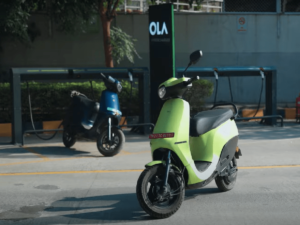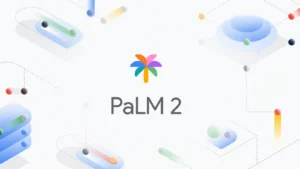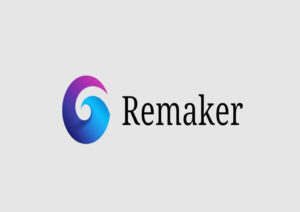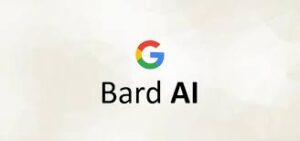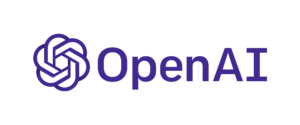AI is expected to replace some jobs, particularly those involving straightforward and repetitive tasks like customer service, administrative roles, coding, and more. However, jobs that require complex tasks and human interaction, such as teaching, nursing, and trades, are considered safer from AI replacement.
The impact of AI on job replacement is a topic of concern, with estimates suggesting that AI could replace around 85 million jobs worldwide by 2025, while also creating new job opportunities. The extent and speed of AI replacing jobs vary across industries and roles, with some experts predicting a gradual rise in unemployment over a 3-5 year period. Ultimately, the balance between job augmentation and replacement by AI remains a critical consideration for the future of work.

What are some industries that are more likely to be affected by ai job replacement.
Industries more likely to be affected by AI job replacement include customer service, manufacturing, transportation, and data entry. Customer service roles are becoming more automated through tools like chatbots and virtual assistants, while manufacturing jobs are being impacted by improvements in autonomous vehicles and robotics.
Transportation, particularly truck driving, is also at risk due to advancements in self-driving technology. Data entry jobs are being replaced by AI’s ability to process and analyze vast amounts of data, reducing the need for manual data entry. These industries are experiencing significant changes due to AI, leading to job displacement and the need for workers to adapt and acquire new skills
what are some potential benefits of ai in the workplace.
AI in the workplace offers several benefits, including increased productivity, cost reduction, new job positions, employee satisfaction, and bias-free decisions. AI can automate repetitive tasks, allowing employees to focus on more complex and creative activities, leading to increased productivity. By handling large, complex data sets, AI can provide valuable insights and help businesses make data-driven decisions, improving product development and customer experience.
AI-driven personalized customer interactions can lead to improved customer satisfaction, loyalty, and returning customers. AI can also provide cost savings by automating repetitive tasks, reducing operational costs, and predicting demand patterns. Additionally, AI can foster innovation and competitive advantage by equipping employees with AI skills, promoting a culture of innovation and creative thinking. AI can also enhance employee growth and engagement by providing opportunities for upskilling and reskilling, leading to a more adaptable and anti-fragile workforce



